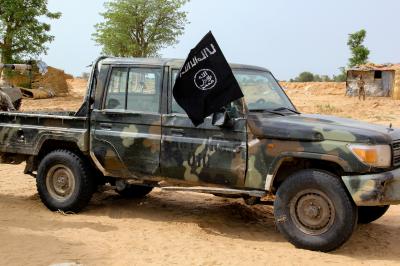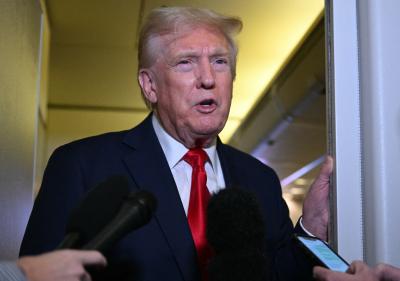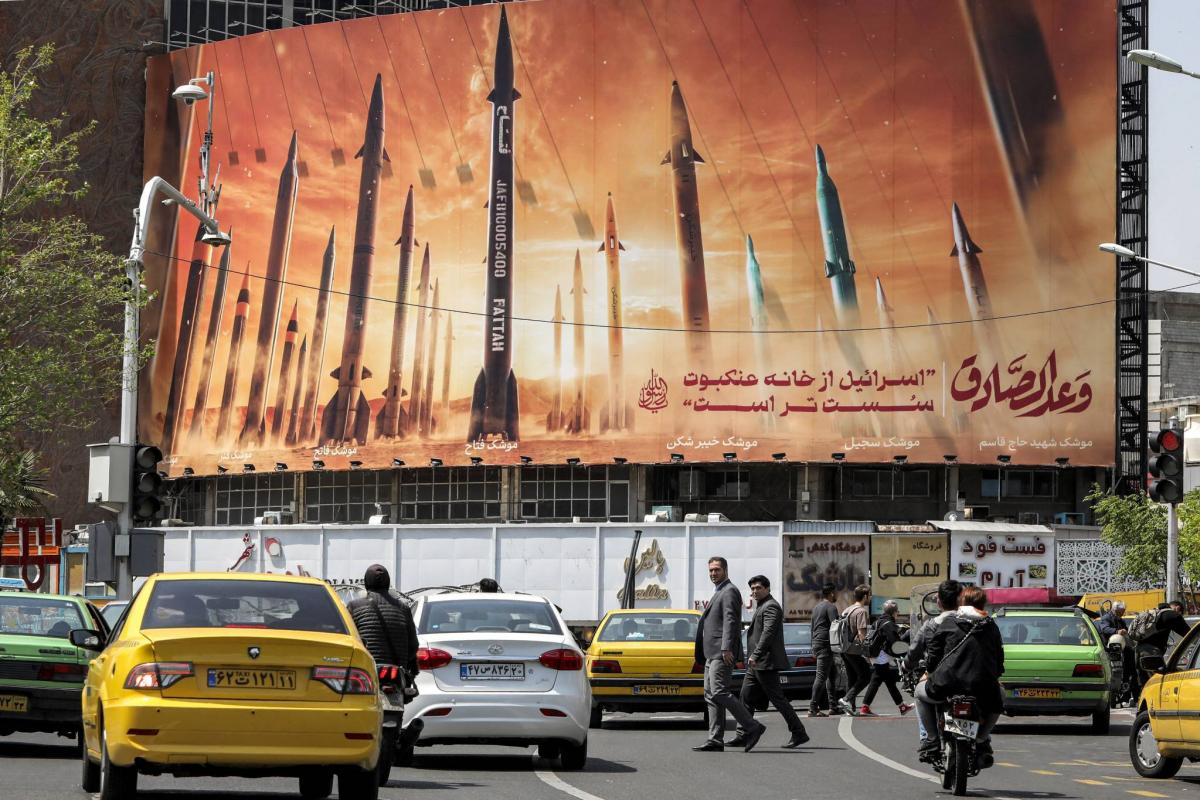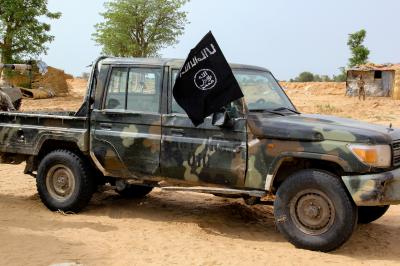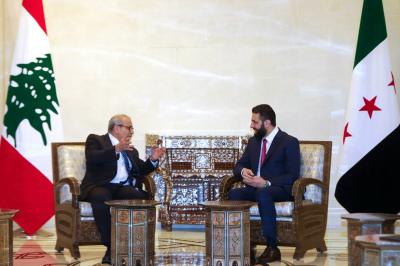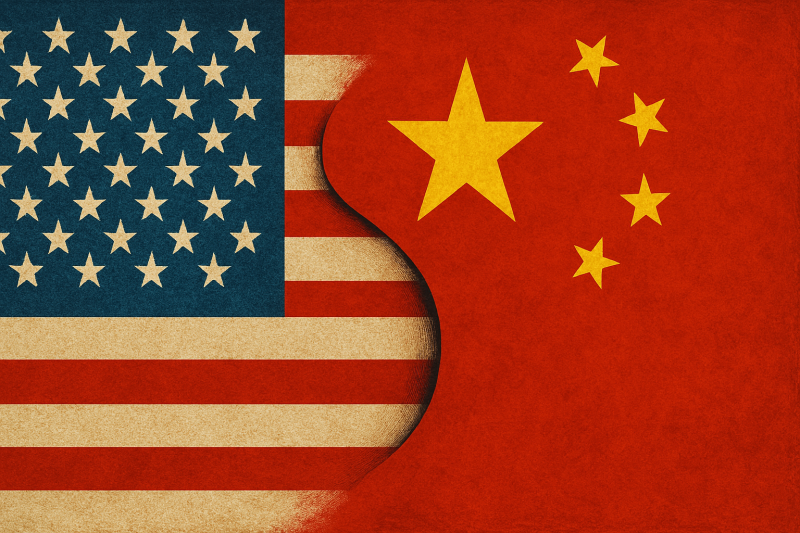Two Saturdays have left a bitter mark on Israel. The first, during the 'Al-Aqsa Flood' operation launched by Hamas on October 7, added a chapter to the long Israeli-Palestinian conflict. The second, just after midnight on April 13, was the result of a reckless move by Israeli Prime Minister Benjamin Netanyahu, who targeted an Iranian site, specifically the consulate in Damascus.
These events represent a decisive turning point for the Middle East. The scope of the Iranian response, through the diversity of targets hit or overflown by their missiles and drones, exposed an unprecedented vulnerability of Israel, a regional power usually perceived as invincible. This new dynamic elevated the level of military conflict between these two nations to direct confrontation and proactive defense. Tel Aviv had to mobilize its advanced deterrence technologies and activate the defense systems of its Western allies, primarily the United States, but also France and the United Kingdom, turning an ordinary night into a morning filled with tension.
This high alert situation not only highlighted the defensive capabilities of Israel and its allies, who had to face a limited series of Iranian drones and missiles. Although technologically limited according to Tehran, these weapons were not entirely unknown to Israel, constituting a persistent and insidious threat.
Tehran now has a thorough understanding of the Israeli missile defense system and its locations, not only within Israel but also in American bases and other installations in the Gulf region. This knowledge extends beyond Israeli borders, including details of Western bases marketed as shields against the 'Persian threat'.
Timing is crucial in military matters. This includes the time needed to counter missiles and the quick response of the Israeli civil society to alerts in the weeks leading up to the attack. The discipline of Israelis in the face of military directives anticipates a future conflict that is broader and more complex, marked by significant strategic and financial costs. As Netanyahu recently emphasized: 'Iran must endure the tension we have experienced.'
Moreover, the critical view of some Arab populations towards their governments, especially those close to Palestine for social and geographical reasons, highlights the policies of displacement and division since 1948. How can a country intercept a missile en route to Israel while merely dropping food aid to Gaza during a four-month siege? Do Gaza's aspirations extend beyond these distributions?
The idea that the events of last Sunday morning were merely staged is unfounded, as armies base their strategies on precise intelligence about the enemy's capabilities. If the conflict were to escalate into a war of attrition, Netanyahu would prefer a sudden and decisive approach, unlike the Iranian caution favoring a prolonged conflict.
In this context, the prospect of lasting peace for Palestinians seems distant, as they suffer under a harsh apartheid regime. They tragically remain the primary victims, while the administration of U.S. President Joe Biden appears to be the main beneficiary if it can navigate this crisis while safeguarding Israel's image and keeping Iran in check, a success that could also help Biden face his electoral challenges.
At the heart of these geopolitical stakes, Iran's nuclear program, developed in cooperation with Russia, is central to regional military supremacy, countering the increasingly sophisticated American weaponry provided to Israel. This power struggle is accompanied by significant material and moral support from European and Arab powers, once discreet allies, now openly partners.
 French
French



